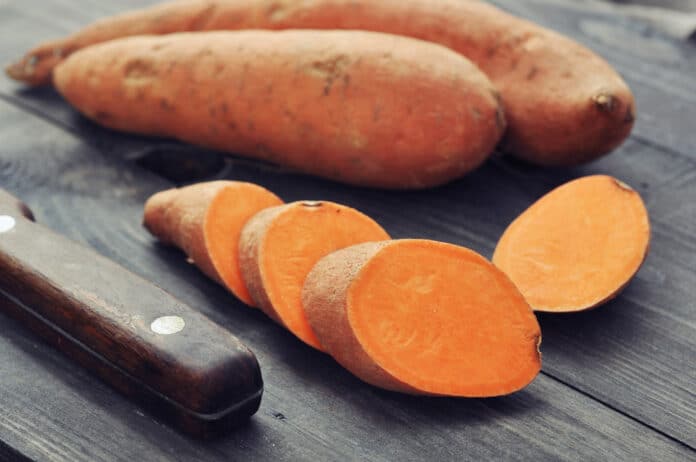
Heart disease is one of the leading causes of hospital visits, disability, and death.
Around 18 million people around the world each year die of cardiovascular disease. Yet according to the WHO and other health organizations, at least 80% (possibly as much as 90%) of these cases are preventable through healthier eating, more physical activity, and stopping smoking.
Even through diet alone, you can significantly reduce your risk of heart disease. Several diet strategies have been clinically tested and proven to be effective against heart disease, including the Mediterranean diet and the DASH diet (Dietary Approaches to Stop Hypertension).
But there is one diet, in particular, that is exploding in popularity as more and more evidence emerges regarding its ability to promote good health: the plant-based diet.
What is a Plant-Based Diet?
A plant-based diet emphasizes whole, unprocessed plant foods such as fruits, vegetables, legumes, whole grains, nuts, and seeds.
The most common versions of plant-based diets are vegetarianism and veganism. Vegetarians do not eat meat, fish, or poultry but may still choose to eat dairy and eggs. Vegans do not consume animal products, including dairy, eggs, and sometimes honey (because bees make it). They will also avoid wearing or using leather, wool, or any products made from or tested on animals.
In healthcare and clinical research settings, the term “whole-food, plant-based diet” is typically used to pinpoint a slightly more specific dietary pattern.
While vegetarianism and veganism are primarily focused on avoiding animal products, the whole food, plant-based diet concentrates on maximizing your intake of whole, plant-based foods.
This distinction is important when you consider all the foods that are technically “vegetarian” yet aren’t quite whole plants either, such as bread, pastries, chips, cookies, meat substitutes, and other processed meals and snacks. A vegetarian diet could allow for the consumption of these foods because they are not meat, while a whole-food, plant-based diet would generally recommend limiting them because they are not whole plants.
Why Plant-Based Eating Helps Your Heart Health
So, what makes a plant-based diet so great for heart health?
There is a growing body of evidence connecting high consumption of meat and other animal products to an increased risk of developing obesity, high blood pressure, high cholesterol, atherosclerosis, and type 2 diabetes—all of which are significant risk factors for developing heart disease.
Additionally, processed foods and snacks (such as chips, cookies, and pastries) are often high in unhealthy trans and saturated fats, added sugars, and sodium—which also contribute to cardiovascular disease and its risk factors.
By focusing on whole plant-based foods instead, you can easily reduce your intake of these unhealthy substances and therefore reduce your risk of developing heart disease.
Eating more whole plants also means consuming more fiber, antioxidants, essential vitamins and minerals, and countless other beneficial plant compounds.
These nutrients are essential for maintaining good cardiovascular health, as they can help lower bad cholesterol, reduce inflammation, protect the endothelial cells of your blood vessels, and improve the overall health of your heart.
What Else is a Plant-Based Diet Good For?
Vegetarian and plant-based diets can reduce your risk for coronary heart disease by at least 40%. But that’s not all. Plant-based diets have been consistently demonstrated in clinical settings to reduce the risks associated with:
● obesity
● stroke
● cancer
Plant-based diets are also associated with better overall health and quality of life, reduced incidence of chronic illness, and increased life expectancy.
A plant-based approach to eating is also easy to adopt and sustain. You don’t need to commit to never eating meat or cheese ever again. First, just focus on eating more fruit, vegetables, whole grains, beans, nuts, and seeds. These are not small side dishes that must be eaten in order to get your daily allowance of nutrients. They should be the primary focus of every meal and snack you consume.


















